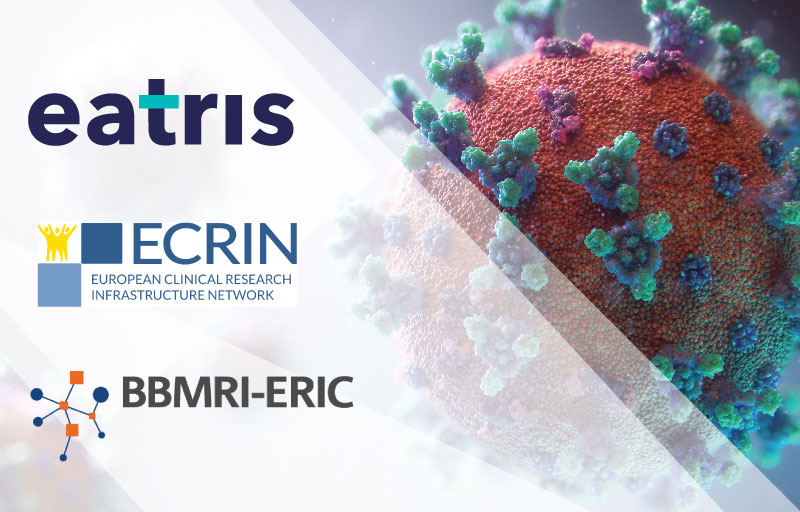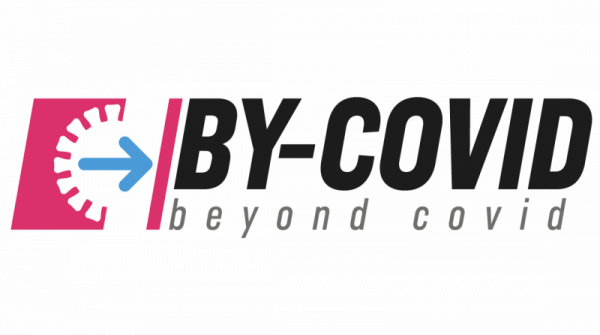I am looking for information as
Researcher

Industry

Patient

E-learning of BBMRI.QM Academy
BBMRI.QM Academy offers two e-learning methods: live educational webinars and webinars on demand (recordings). The learning processes of both are supported through digital media & tools. They are intended for anyone wishing to continue medical education without travelling.
The webinars are oriented to different levels of expertise and provide worldwide interactive teaching on basic and advanced topics related to biobanking and biomolecular research activities.
Each of the live educational webinars is presented by one or more of our key speakers.

E-learning methods
Live educational webinars
These webinars are live, with interactive presentations and online discussions – a good opportunity to learn about the latest procedures and recommendations. They are case-based and interactive, allowing participants to ask questions to the panel. Attendees of live educational webinars have the opportunity for discussion, with individual questions and answers to encourage interaction and to reinforce learning.
CME Accreditation Information
For selected live educational webinars, BBMRI.QM Academy has applied for accreditation at the European Accreditation Council for Continuing Medical Education (EACCME®). These live educational webinars are marked with “accredited by EACCME®”.
Webinars on demand (recordings)
Webinars are available on demand after the live event, allowing viewers to watch on their own time. On demand webinars are a great resource to review specific topics. No interactivity is offered for on-demand watch and only live-viewing can be accredited.
How to join?
- Use the ‘easy registration’ listing below to register directly, or scroll down to the webinar of your choice to find additional details about the webinar content first.
- Register (for live educational webinars / webinars on demand [recordings]).
- Live educational webinar: After registration, you will receive a confirmation email with the connection details. Please check your spam folder.
Webinars on demand (recordings): After registration, you can watch the recording in your browser. If there are any questions, please contact Andrea Wutte: andrea.wutte@bbmri-eric.eu
Easy registration for live educational webinars:
Details regarding upcoming live webinars will be available on this page.
Easy registration for recordings:
Validation and verification of processing methods and biobanking
Pre-analytical phases of biobanking (Part 1, 2, 3)
Interoperability in biobanking: OMOP for standardising medical outcome data
High quality samples and what about the data?!














